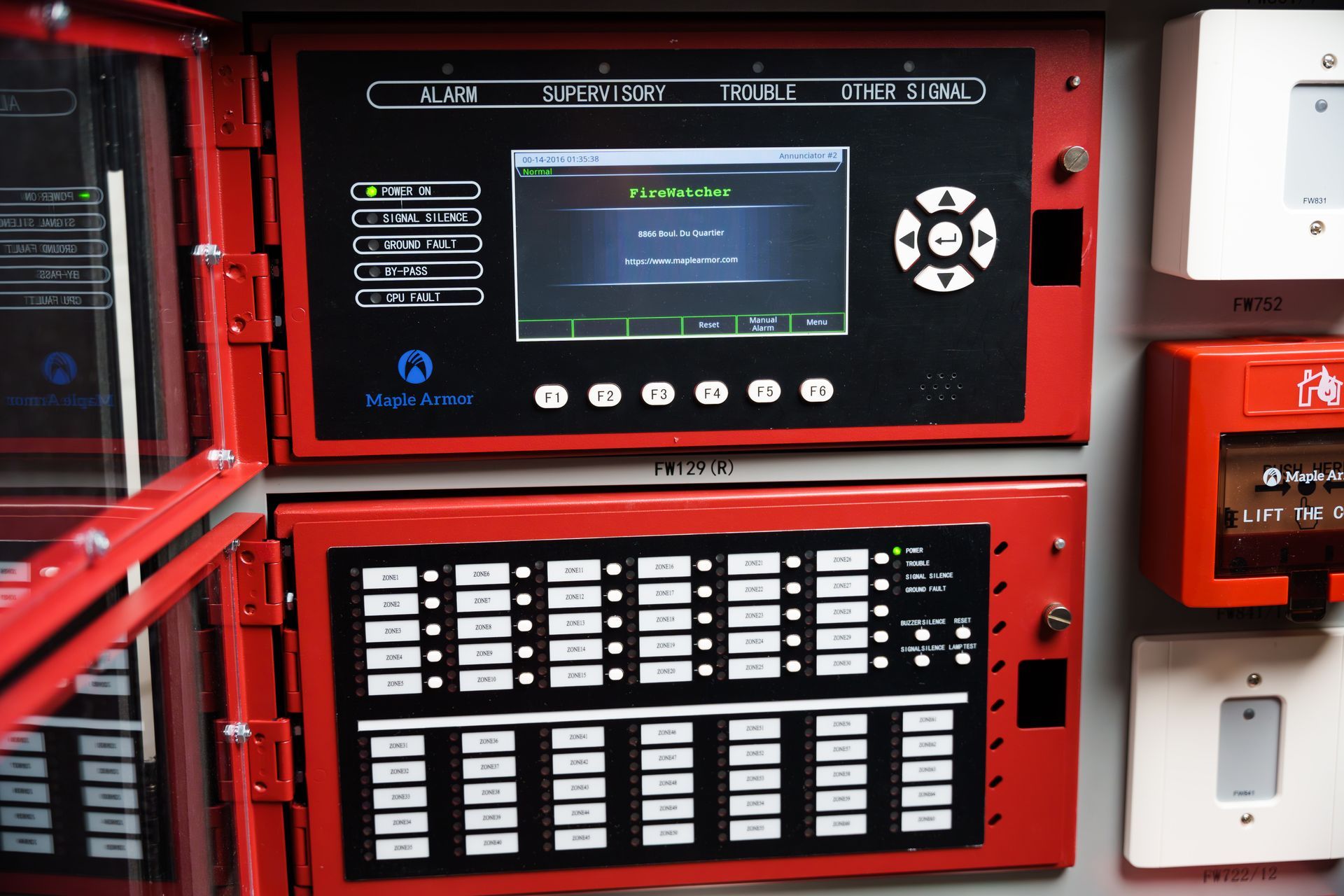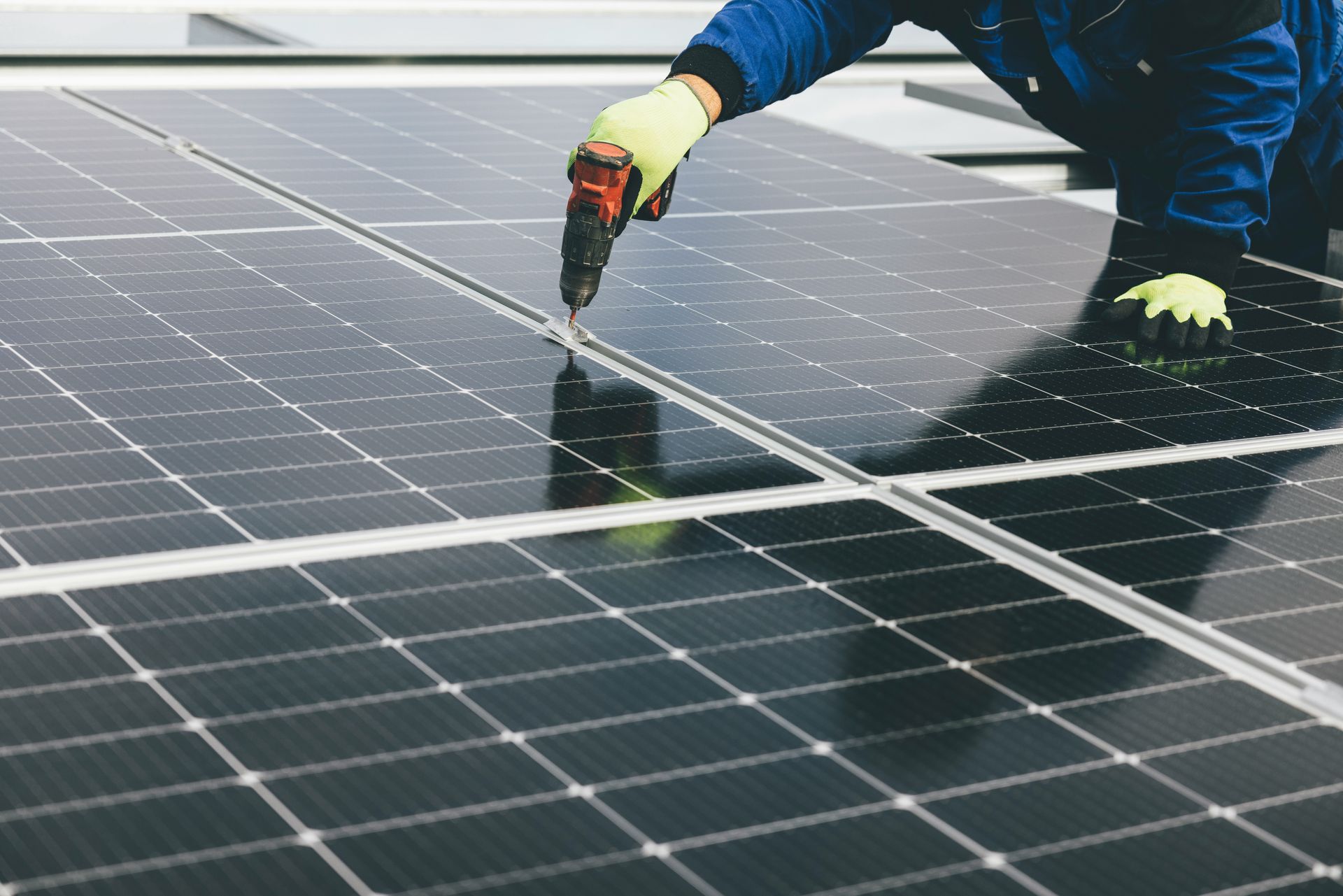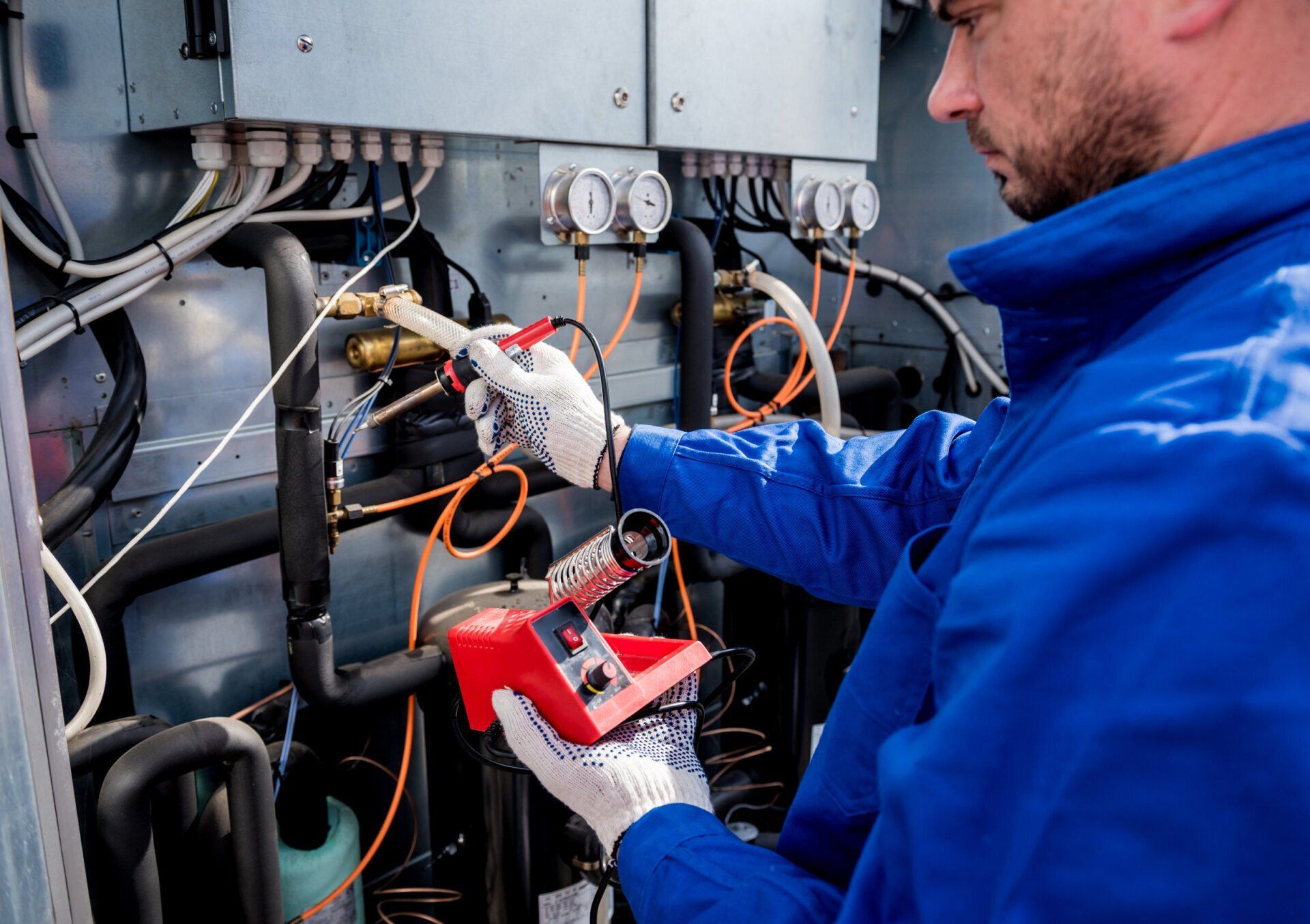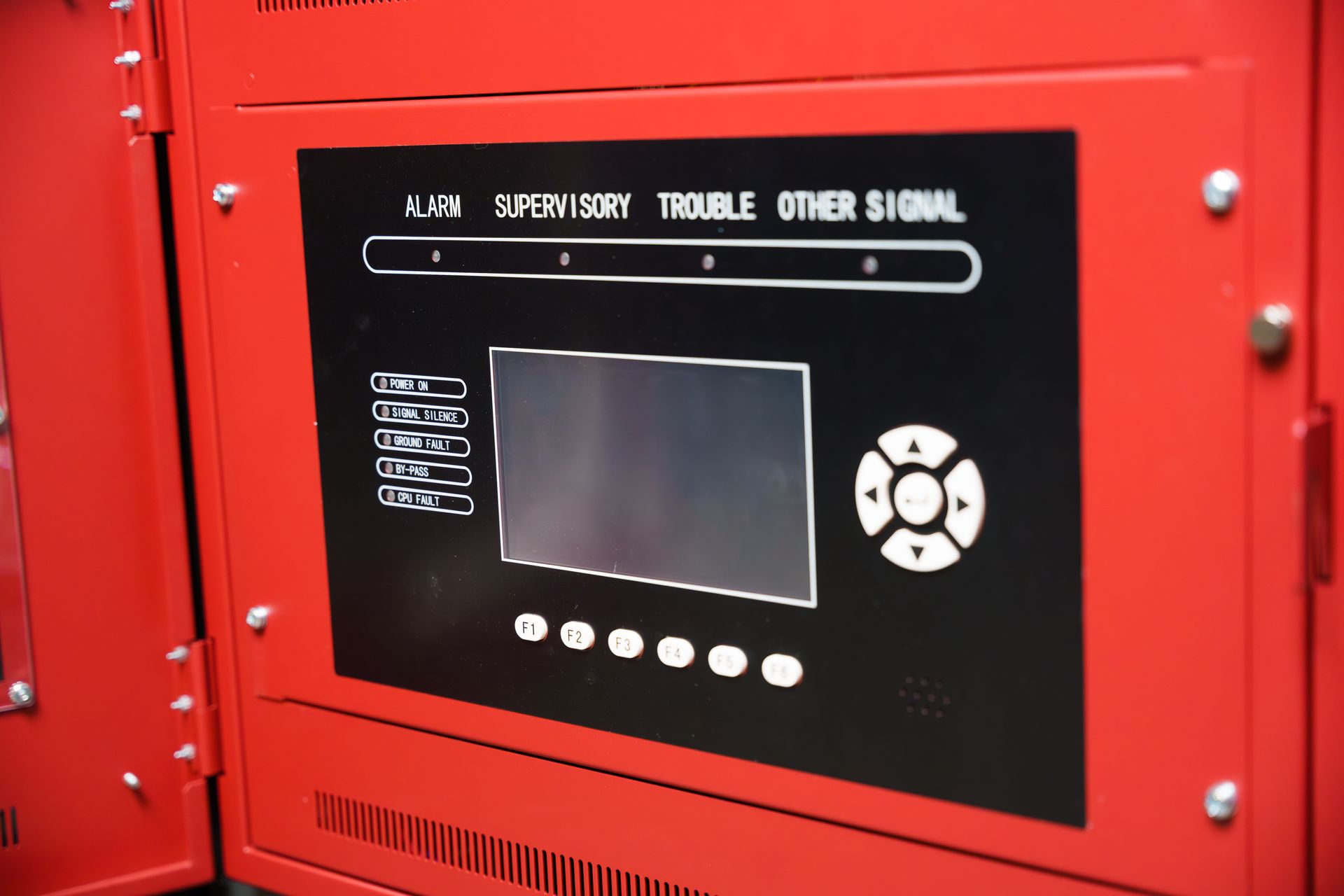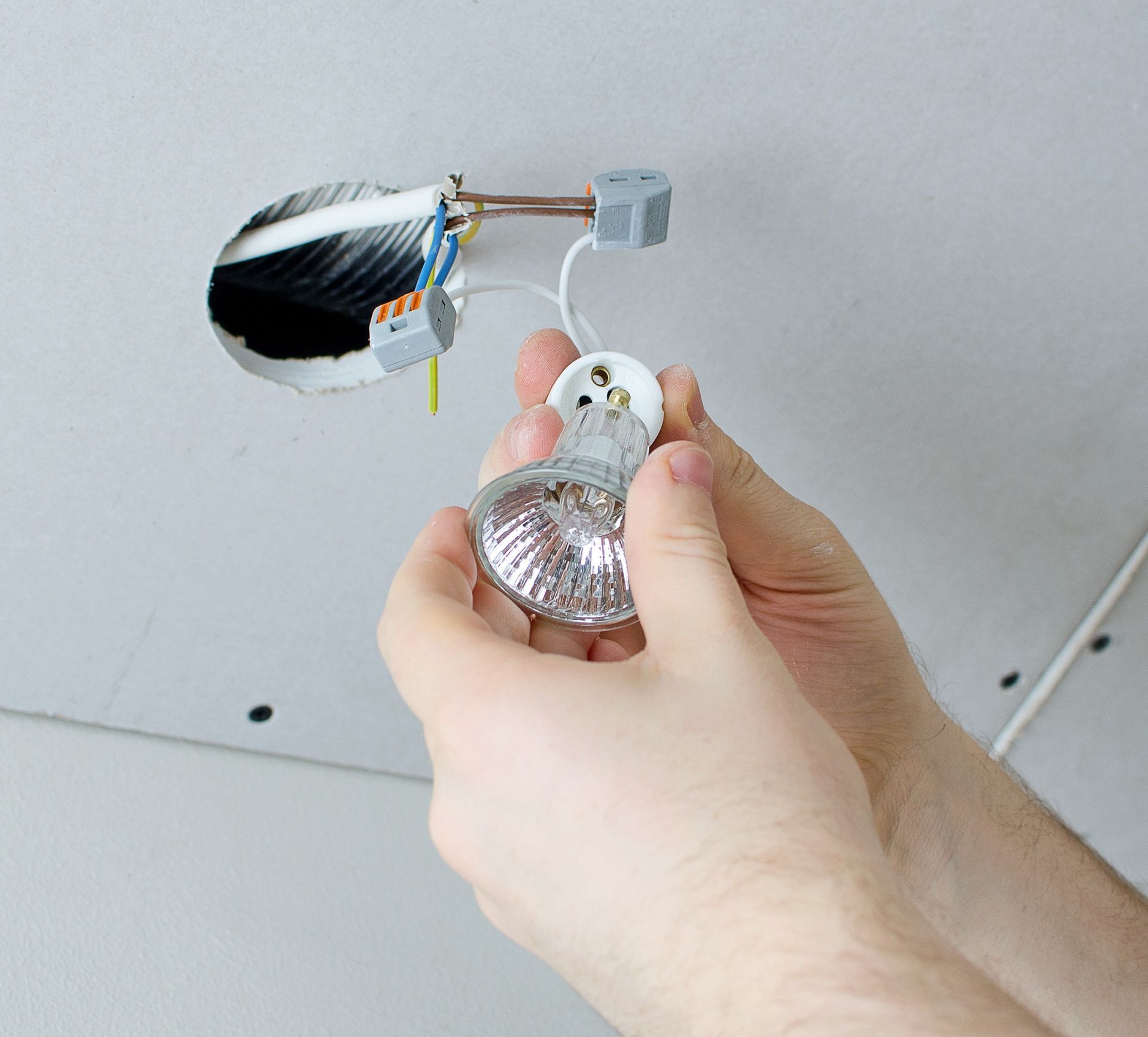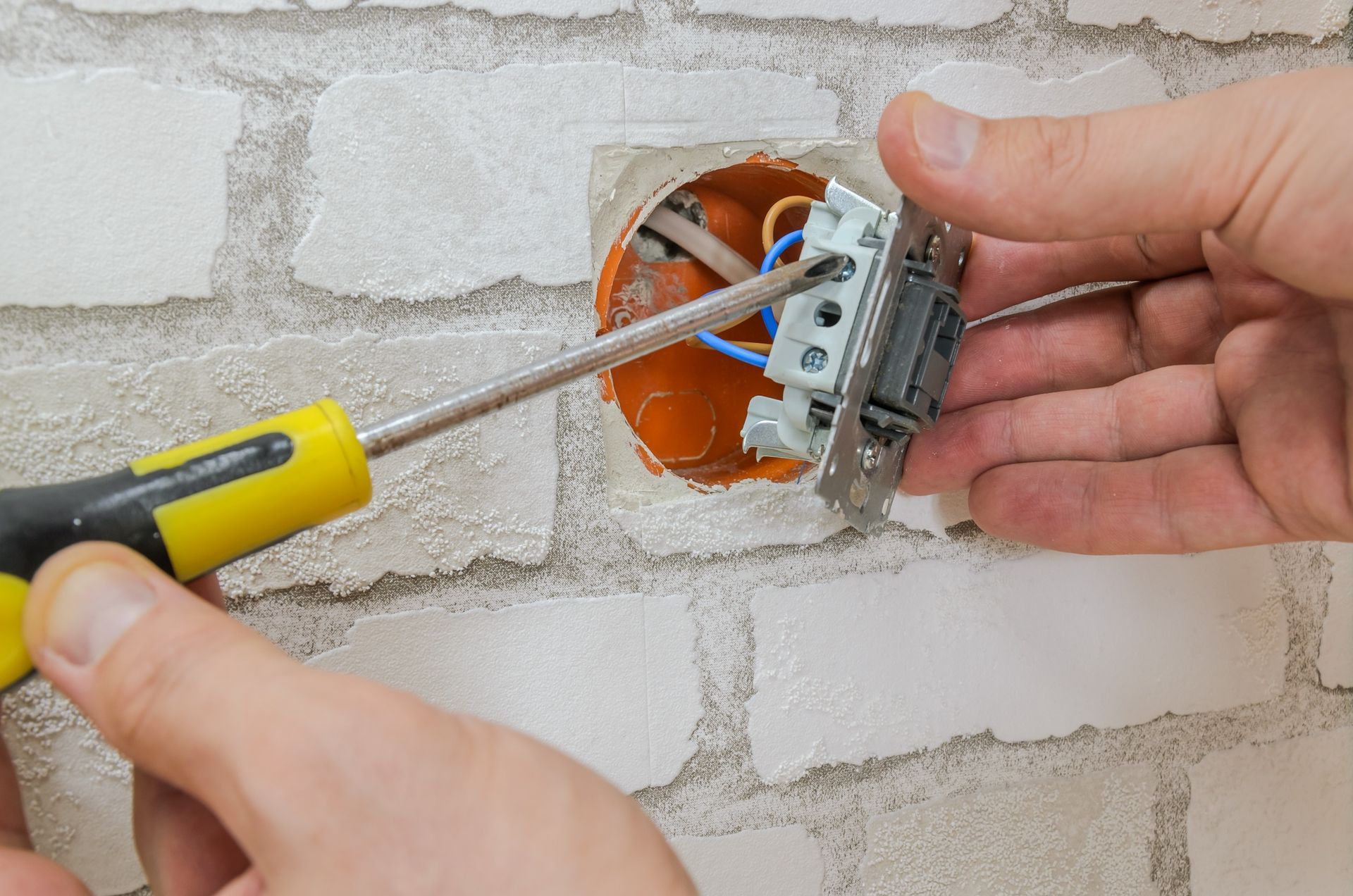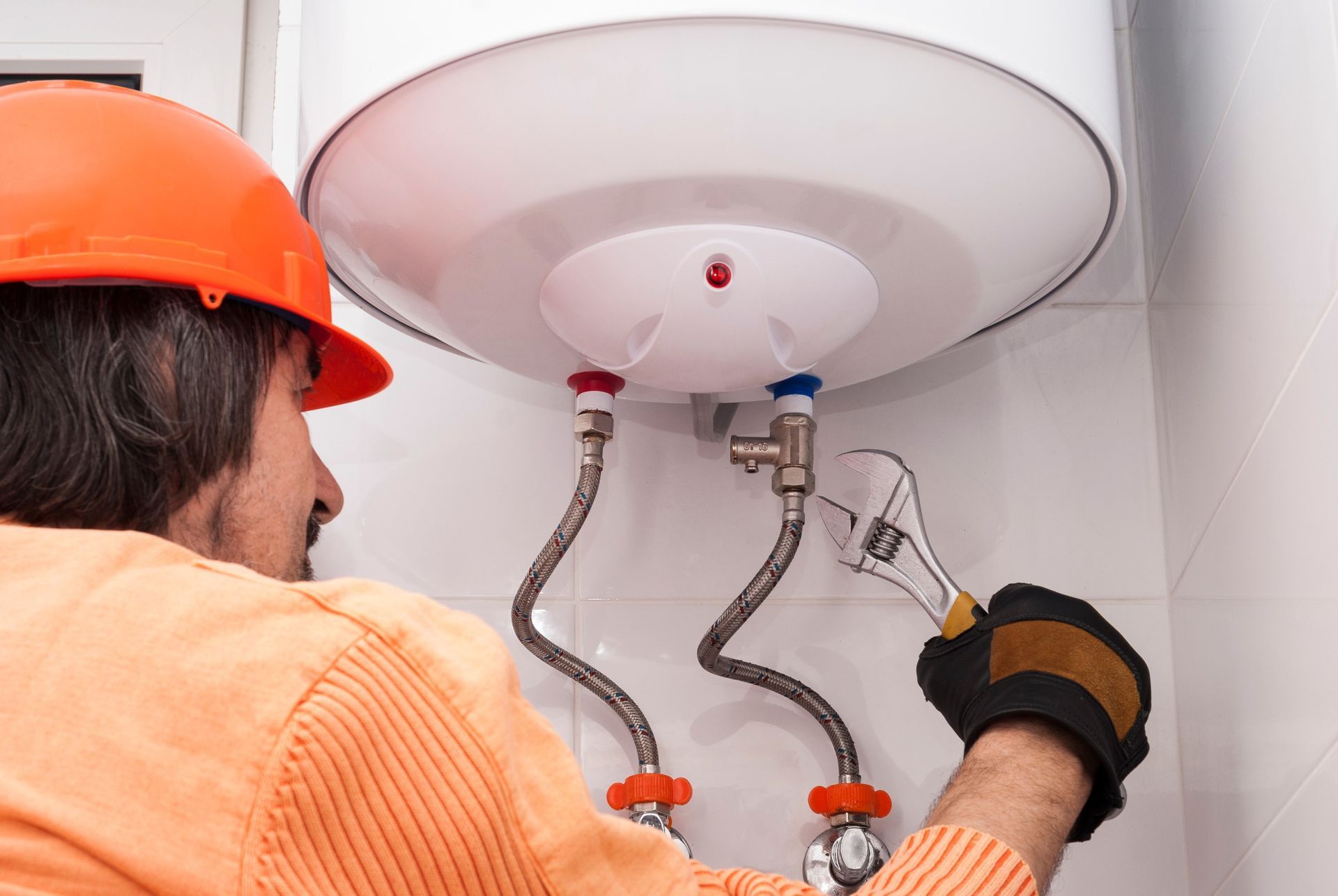
Complete Guide to Installing Solar Panels in Calgary
As the world gradually shifts towards renewable energy, the installation of solar panels has become a popular choice for many homeowners in Calgary, Alberta. Harnessing the abundant energy of the sun not only decreases your environmental footprint but also significantly cuts back on your utility bills.
This comprehensive guide will walk you through the entire process of installing solar panels in Calgary, Alberta, addressing all your queries and concerns, and helping you make an informed decision towards a sustainable future. Let's get started on this journey to clean, green energy.
Benefits of Solar Panels
- Environmental Impact: Solar panels produce clean, green energy from the sun and reduce reliance on traditional power sources which often lead to harmful emissions.
- Reduced Energy Costs: Once installed, solar panels significantly cut back on monthly utility bills, often saving homeowners thousands of dollars over the lifespan of the system.
- Energy Independence: With solar panels, you're less reliant on the grid for power. This could be particularly beneficial during power outages or in remote areas where grid access is limited.
- Increased Property Value: Homes equipped with solar panel systems have been found to increase in value and often sell faster than non-solar homes.
- Long-lasting: Solar panels are designed to last for decades, making it a long-term investment in sustainable energy.
Understanding the Solar Panel System
A solar panel system is composed of several key components that work together to convert sunlight into electricity that can power your home. Let's break down these elements for a better understanding:
- Solar Panels: These are the most visible parts of the system and are responsible for absorbing sunlight. They contain photovoltaic cells that convert sunlight into direct current electricity.
- Inverter: This device transforms the direct current electricity generated by the solar panels into alternating current electricity, which is used by most home appliances.
- Mounting Equipment: This secures the solar panels to your roof or ground mount. It should be durable and properly installed to withstand weather conditions.
- Batteries: Not all solar systems have batteries, but those that do can store excess electricity for use when the sun isn't shining, like at night or during power outages.
- Meter: This measures the amount of electricity your solar panels produce and how much electricity you consume. It's necessary for keeping track of your energy usage and savings.
Choosing the Right Solar Panel for Your Home
Choosing the right solar panel for your home is crucial to ensure optimal performance and return on investment. Here are some key considerations to keep in mind:
- Panel Efficiency: The efficiency of a solar panel refers to its ability to convert sunlight into usable electricity. Higher-efficiency panels might be more expensive, but they often require less space and generate more power.
- Cost: The price of solar panels can vary significantly based on factors such as efficiency, brand, and size. Consider your budget and the long-term savings potential before making a decision.
- Warranty: Look for panels with a long warranty period. This is typically an indicator of the manufacturer's confidence in their product's durability and performance.
- Certification: Make sure the panels you choose are certified by a recognized agency. This assures you of their quality and safety standards.
- Company Reputation: Do some research on the solar panel manufacturer. Check their track record, customer reviews, and financial stability.
Remember, choosing the right solar panel is not just about price. It's about finding a balance between efficiency, cost, and your specific energy needs. Always consult with a reputable solar installation company to get tailored advice for your home
Calculating Solar Power Output
Understanding your solar panel system's potential power output is crucial in determining its ability to meet your energy needs. This is generally measured in kilowatt-hours (kWh), and calculating this can provide you with an estimate of how much electricity your system can generate. Here's how you can do it:
- Identify Panel Rating: Check the wattage rating of your chosen solar panel. This is typically listed on the product specifications.
- Estimate Sunlight Hours: The amount of electricity your panel can generate is directly proportional to the amount of sunlight it receives. Research the average number of peak sunlight hours in your area.
- Calculate Daily Output: Multiply your panel's wattage rating by the average number of sunlight hours. This gives you an estimate of the daily power output.
- Calculate Annual Output: Multiply the daily output by 365 to get an estimate of the annual power output.
Remember, this is a rough estimate and actual power output can vary based on factors like panel angle and temperature. It's always best to consult with an expert for a more accurate calculation.
Installing Your Solar Panels Safely
The safety and proper installation of your solar panels are crucial to their functionality and longevity. Therefore, it's essential to ensure that the installation process is carried out carefully and in line with relevant safety regulations. Here are some safety measures to consider:
- Hire a Certified Installer: Always hire a certified installer with a solid track record for the job. This ensures that the installation is done correctly and safely, protecting your investment.
- Use Quality Equipment: Make sure to use high-quality mounting equipment and hardware. This not only improves the efficiency of your system but also its safety and durability.
- Follow Local Codes: Adhere to all local building codes and regulations during installation. This may include specific requirements for wiring, mounting and distances from roof edges.
- Consider Panel Placement: Solar panels should be installed in areas with ample sunlight and away from shading. Additionally, consider potential hazards such as falling tree branches.
- Ensure Proper Grounding: Proper grounding of the solar panel system is crucial to prevent electrical shocks. Make sure this is done correctly by a professional.
- Regular Maintenance: Regular maintenance can help identify and fix any potential issues before they become serious. This includes cleaning the panels and checking the system for any signs of damage or wear.
Remember, safety should never be compromised. Follow these guidelines, and you'll be on your way to enjoying sustainable, green energy safely and effectively.
Maximizing Efficiency with Proper Placement and Maintenance
The efficiency of your solar panel system is not solely dependent on the panels themselves but also heavily influenced by their placement and ongoing maintenance. For optimal efficiency, consider the following guidelines:
- Proper Placement: Install your solar panels in a location that gets the most sunlight throughout the day, typically south-facing in the Northern Hemisphere. Avoid areas with shading from trees, buildings, or other obstructions. Also, consider the angle of installation. Panels are usually most efficient when they're at a tilt that's equal to the latitude of the location.
- Regular Cleaning: Dust, bird droppings, and other debris can accumulate on your solar panels over time, reducing their efficiency. Regular cleaning can help ensure they're operating at peak performance. Always follow the manufacturer's instructions for cleaning to avoid damage.
- Routine Maintenance: Besides cleaning, carry out routine checks and maintenance of your solar panel system. This includes checking for loose connections, corrosion, or any other signs of wear and tear. If you notice any issues, reach out to a professional for assistance.
- Upgrade Inverter: The inverter is a critical component of your solar panel system, responsible for converting the generated DC power into AC power used in your home. As technology advances, consider upgrading your inverter to a more efficient model to boost your system's performance.
By implementing these strategies, you can ensure your solar panel system operates at its maximum capacity, providing you with the highest possible return on your investment.
About Kantra Electric
Kantra Electric has established itself as a leader in the renewable energy sector, offering top-of-the-line solar solutions that promise efficiency and reliability. With a passionate team of certified professionals, Kantra Electric not only installs solar panels but also ensures each customer receives a comprehensive understanding of the system's operations and benefits.
Their commitment to quality extends from the products they use to their exceptional customer service. Whether it's your initial consultation or post-installation support, Kantra Electric stands by its work, providing long-term value to every client. You can reach out to us at 4033897414 or fill out our online contact form to know more.

Kantra Electric Inc
- Mon - Fri
- -
- Sat - Sun
- Closed



